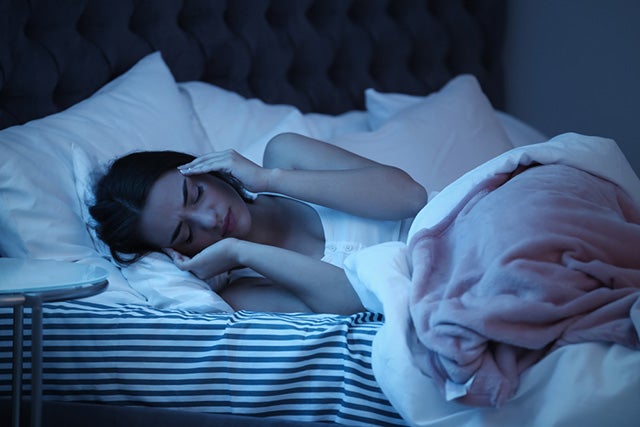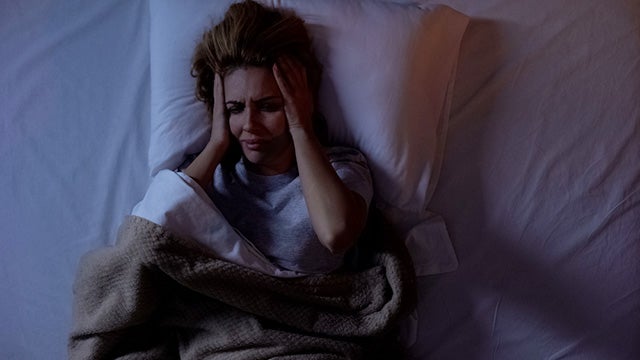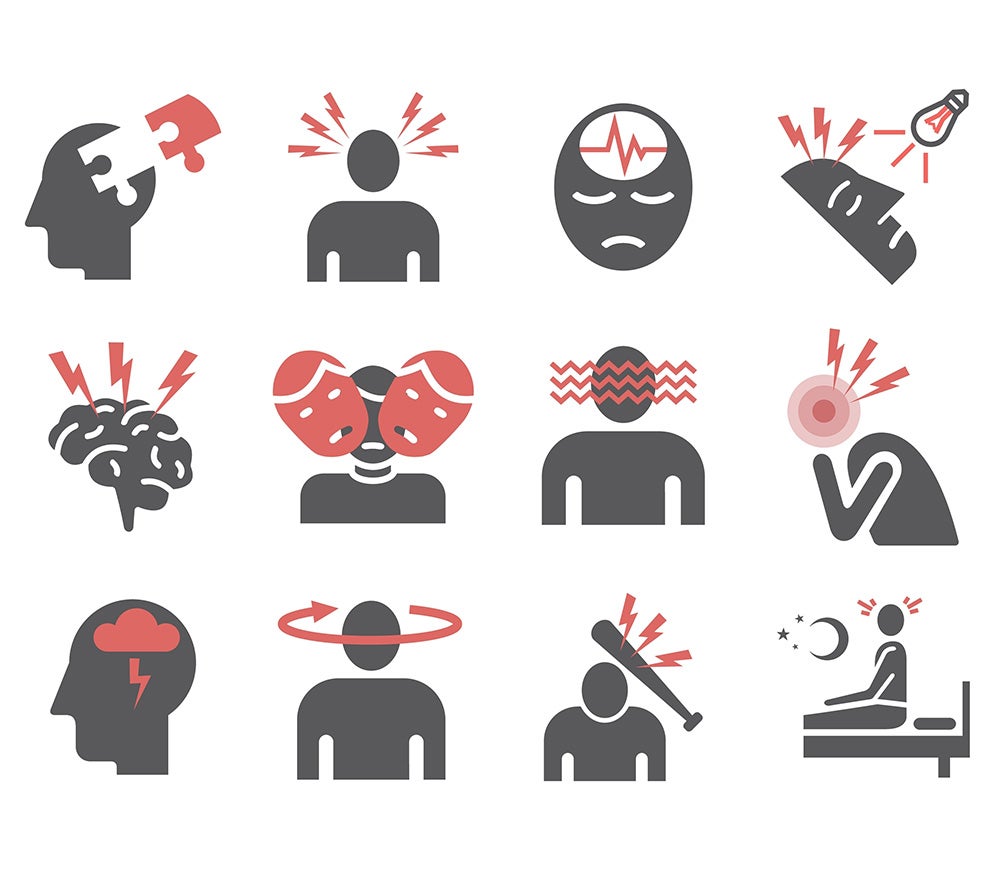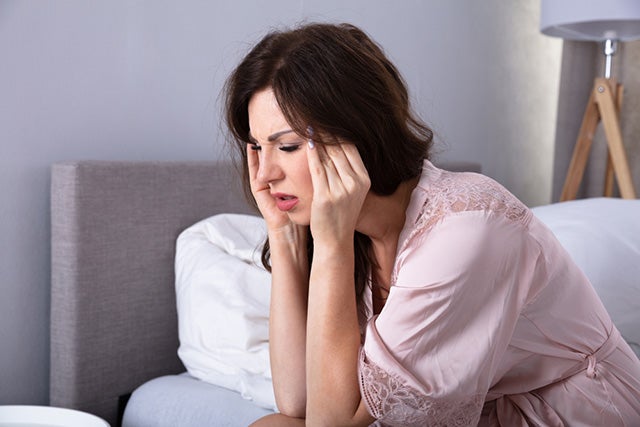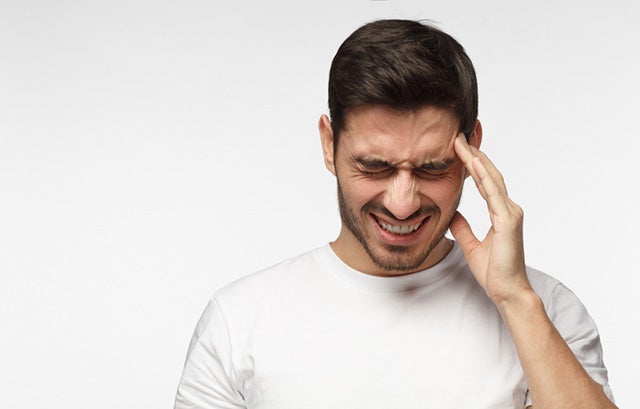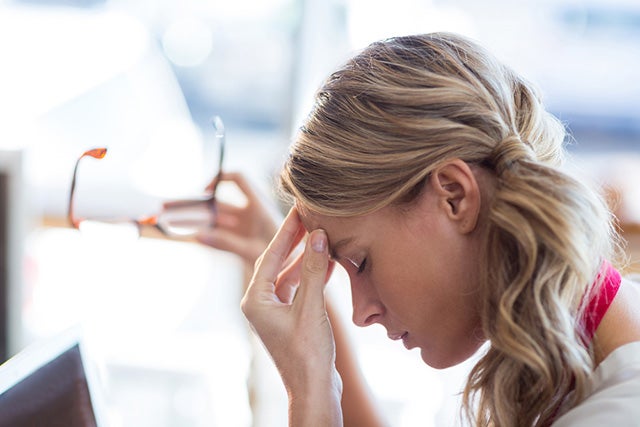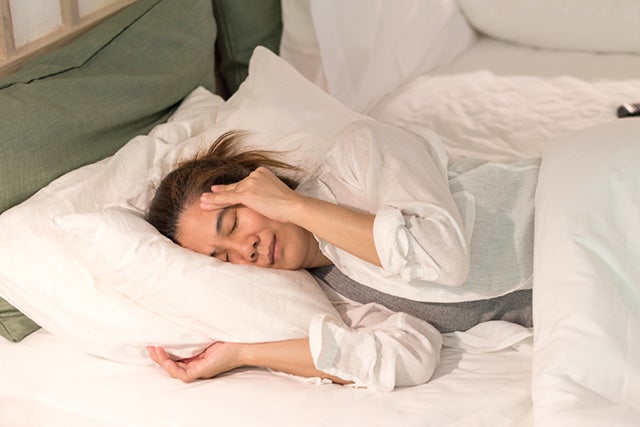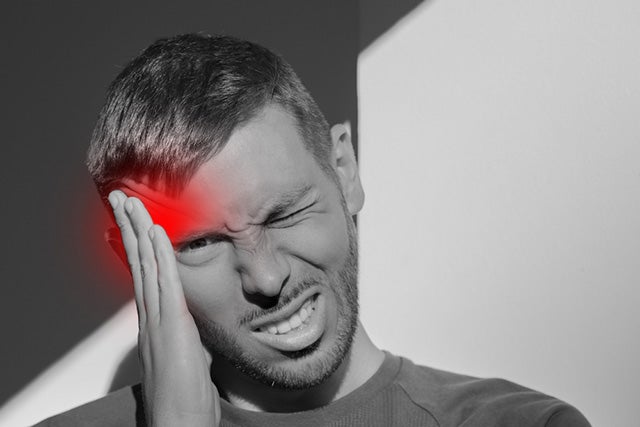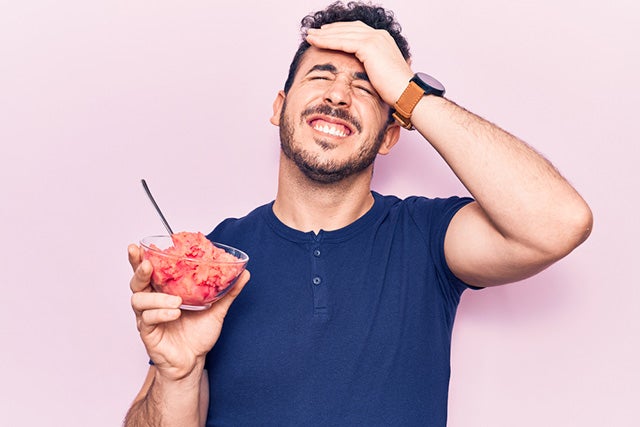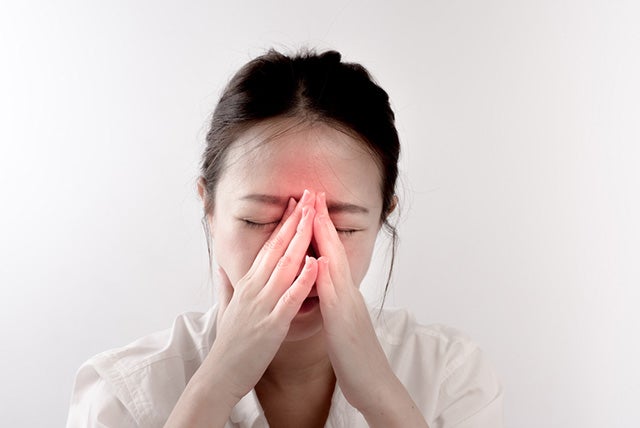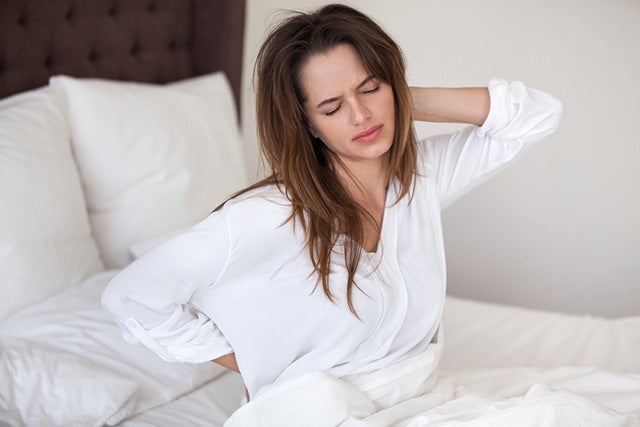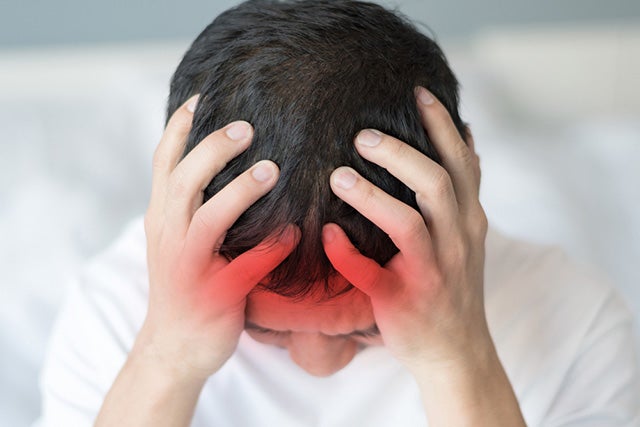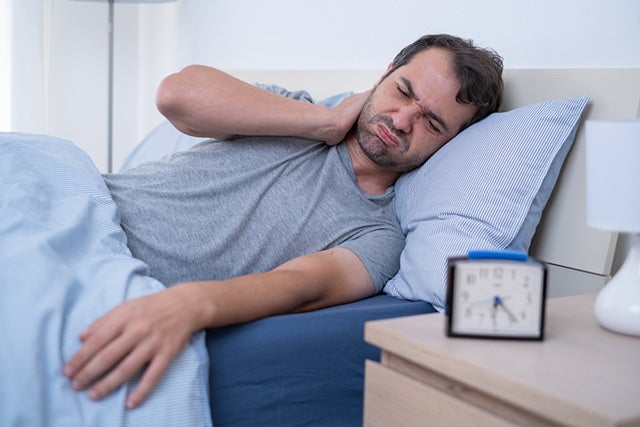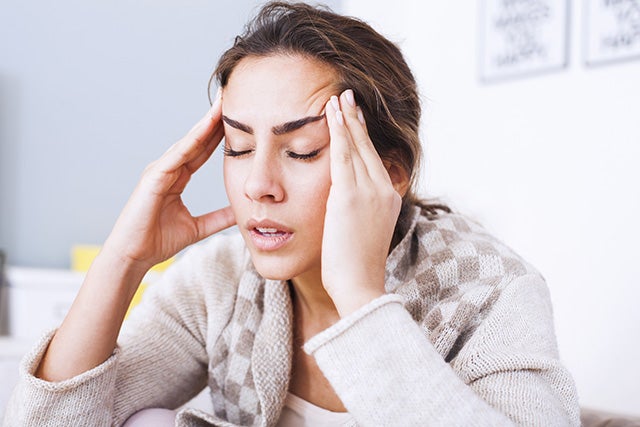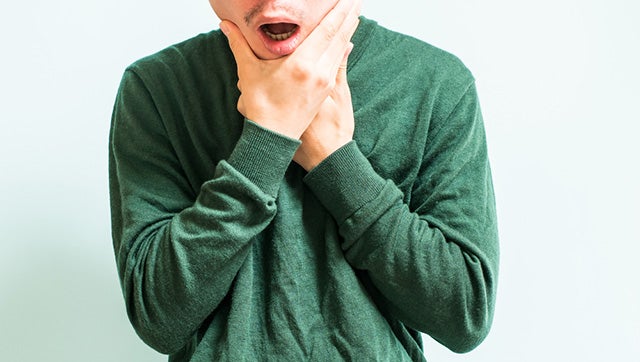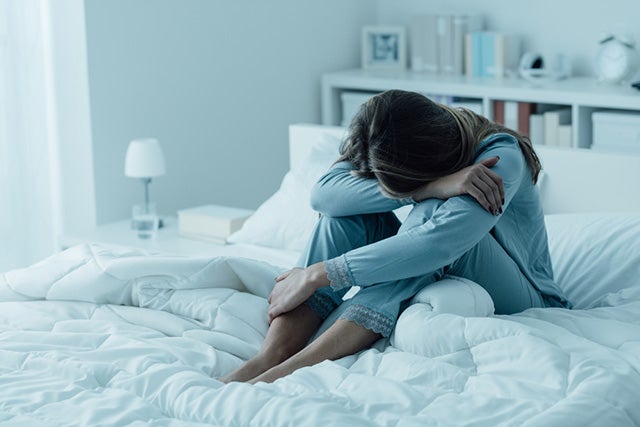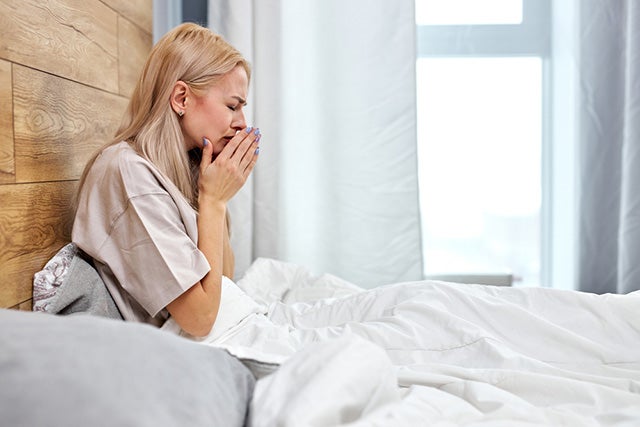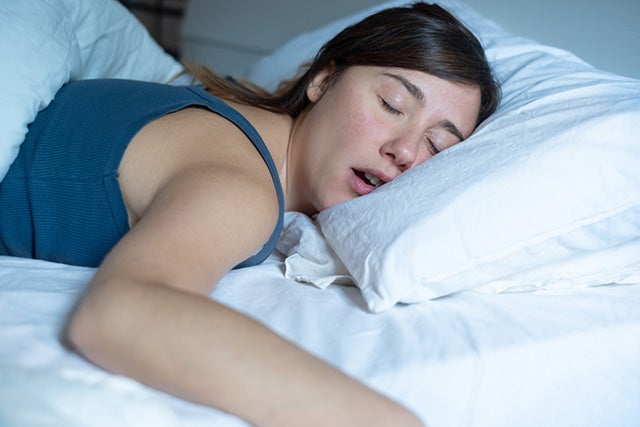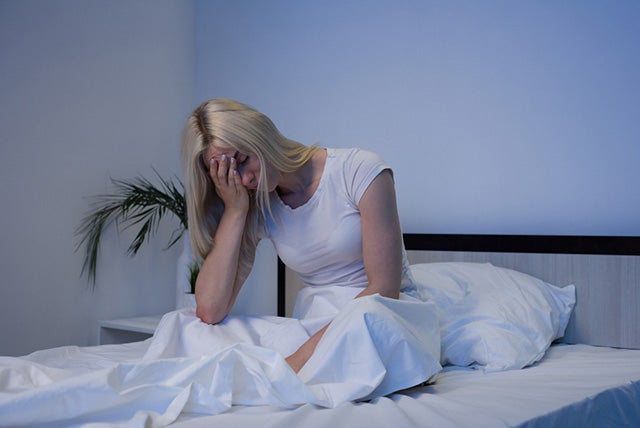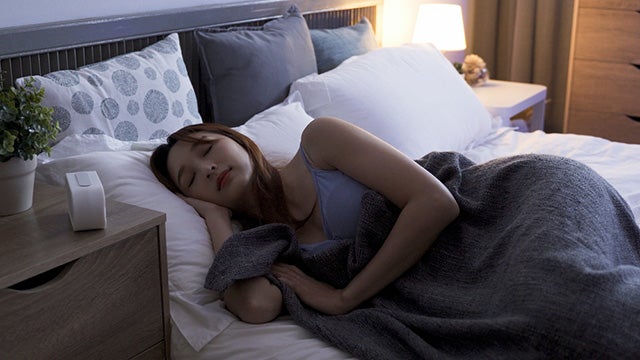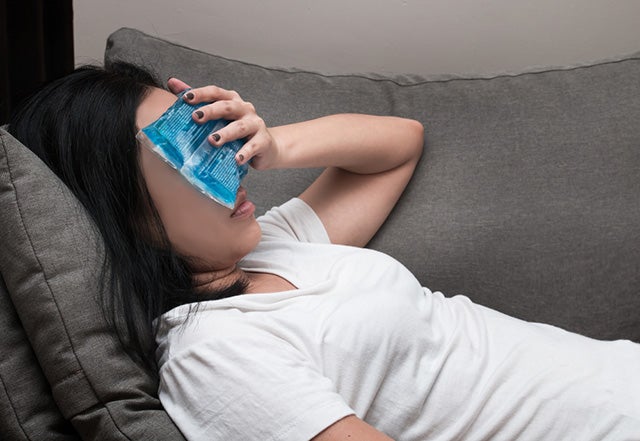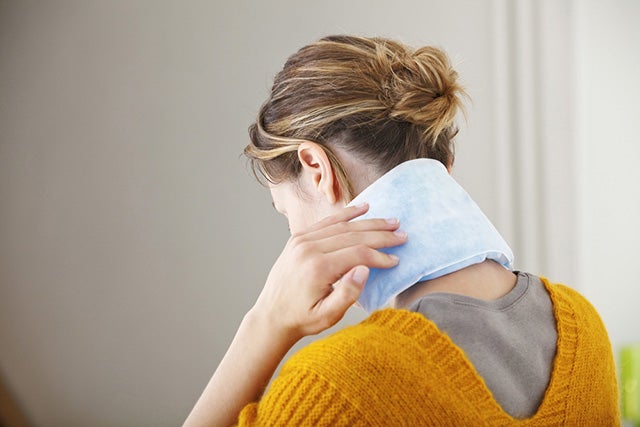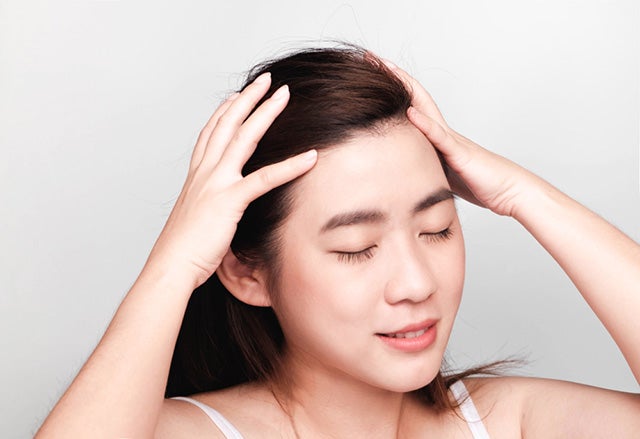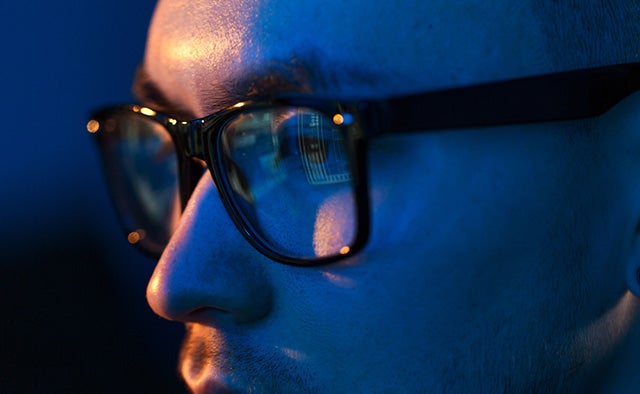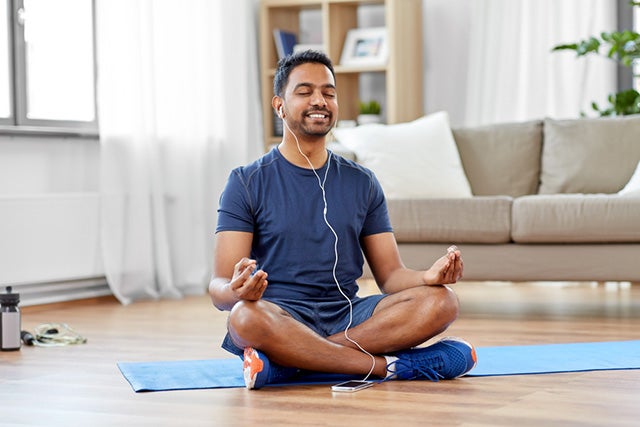A great night’s sleep rewards you with a pleasant following day. You wake up refreshed and ready for the day. However, the bad nights, which aren’t as refreshing, can sometimes lead to headaches in the morning. These are the days where everything feels off, and a situation many people want to avoid. To fix this, you need to learn why you can wake up with headaches in the morning and how to prevent and treat them for a better start to the day.
What Causes Headaches?
As common as headaches are, not many people actually know what causes headaches. Headaches are reactionary signals which interact with your brain, nerves, and blood vessels. The nerves affect both the muscles and blood vessels in the area, which then send a signal over to your brain informing it that you’re experiencing pain.
There are many things that can trigger a headache. Below are some of the causes of headaches that increase your chances of them.
- Alcohol is a trigger of headaches, especially when you have too much at once. Morning headaches after drinking are ‘hangovers’ which can last all morning. Red wine is the strongest trigger for headaches.
- If you have recently experienced a change in your sleep schedule due to jet lag or other reasons, then you may experience more frequent headaches. Lack of sleep can even make your head feel heavier and trigger a more consistent headache.
- Poor posture and physical health can lead to frequent headaches since your body is inactive. Another contribution to this is the lack of nutritional nourishment. Skipping out on meals can create headaches over time.
- A big creator of long-term headaches is stress, which can even result in migraines.
If you’re experiencing headaches, be sure to check and see if these mentioned factors are a part of your daily lifestyle, and if they are, try to change these habits for a better night’s sleep.
Headache vs Migraine
Common headaches and migraines are commonly misunderstood as the same type of headache.
A migraine is a type of headache so severe that it causes pulsing pain on one side of your head. A migraine can be backed with sensitivity to both sound and light, and sometimes even nausea or vomiting.
Some people experience bright, piercing colors in their minds while experiencing a migraine too.
The difference between migraines and headaches is the level of severity. A headache can have varying severity from mild to painful. You experience a headache in your face, upper neck, and head. Headaches can be triggered by anything and can last a short period of time, or an excruciatingly long while.
A migraine can become a routine experience, as they are a painful primary headache disorder. These symptoms, as mentioned above, a more intense than a regular headache and a located in a specific area of the head.
Ignorance of regular headaches and their consistency can eventually lead to the development of migraines, so pay attention to how your head feels at all times. You might even find that what you’re experiencing isn’t even either of these two types of headaches.
Different Types of Headaches and What They Mean
Another fact that many people overlook or simply do not know is that there is more than one type of headache. There are two classifications that we will be going over primary and secondary headaches.
A primary headache means the headache is the central problem. These headaches are not indications of another condition or disease. The pain you can experience from these headaches can be debilitating, but the headache itself is not.
There are different types of primary headaches, most commonly:
— Migraine Headache
These have already been discussed prior. Migraine headaches happen on only one side of your head.
— Tension Headache
Tension headaches are common stress-related headaches that result in muscle tension that induces mild, consistent pain. It’s not a throbbing sensation, but a steady ache that remains on both sides of the head. Tension headaches can be both chronic and casual. Tension headaches occur in a band around your forehead.
— Hypnic Headache
These headaches are less common and are also referred to as ‘alarm clock headaches.’ They occur during the night and can range from mild to severe pain. The more severe the pain is, the likelier the pain throbs through your head. These pains typically happen between 1 and 3 am in at night, which means these headaches can wake you from your sleep.
— Cluster Headache
These are very severe headaches that are rare to experience. The symptoms are similar to migraines, but they’re experienced on one side of the head near the eye. Cluster headaches are most likely to happen to people between the ages of 30 and 40 and more often happen to men.
A secondary headache means the headache is a symptom or indication of an underlying condition. It’s very rare that the headache is an indication of a more serious condition, but not one to ever be overlooked.
The different types of secondary headaches are listed below.
— Ice Cream Headaches
Everyone has experienced these brain-freezing headaches when you drink cold water too fast or eat something cold. You may also know this experience by the name of ‘brain freeze.’ This type of headache is caused by something else and therefore the headache is a result of something.
— Medication Overuse Headaches
Headaches from medication overuse happen for 15 days or more after you have been taking prescribed medicine for another medical condition. If you have been taking acute medications for disorders and have associated headaches with no other logical explanation for them, then it’s best to consult a doctor for changes in your prescribed medicine to avoid further headaches.
— Sinus Headaches
The pressure from sinus headaches is felt around your eyes, cheeks, and forehead. The feeling of sinus headaches is quite similar to migraines. However, migraines are experienced on one side of the head while sinus headaches are experienced all over the head. They are mainly concentrated around the nasal area. These headaches are also complemented by a sinus infection.
— Spinal Headaches
These headaches are caused by leakage from a puncture hole through the membrane which surrounds the spinal cord. This leakage spills spinal fluid which reduces the pressure on the brain and spinal cord, thus leading to a headache. A spinal headache is complimented with other back conditions, such as a spinal tap or spinal anesthesia. They happen between 48 hours after the tap.
— Thunderclap Headaches
These headaches are rapid and painful, making them a terrible experience. Thunderclap headaches are also known as ‘lone acute headaches’ and develop within 60 seconds or less. They are an extremely severe level of pain that happens after an arterial aneurysm rupture, a stroke, or other brain-related injuries. The pain signals are sent out due to bleeding in the brain.
Now that you know all types of headaches that you can experience, it’s time to move on to reasons why your mornings may be disrupted by a headache, and what type of headache they are. Identifying the type of headache can help you find the proper preventive measures to keep your mornings headache free.
Reasons you Wake Up with a Headache
There is no definite answer, as everyone experiences a different scenario. Listed below are some of the possible reasons why you may be waking up with a headache.
• Migraines. Morning time is prime time for migraines. Since your body produces a lower number of endorphins and enkephalins between the hours of 4:00 to 8:00 AM, your body is less prepared to fight off an oncoming migraine. Your medication may have worked throughout the night, leaving you vulnerable in the morning.
• Sleep Disorders. The quality of your sleep is going to reflect the quality of your morning. Sleep disorders such as insomnia and hypersomnia can result in headaches when you wake in the morning. Sleep disorders are a national health crisis according to The Centers for Disease Control (CDC), which is why many people may find that this is the root cause for their morning headaches.
• Sleep Apnea. The anomaly of sleep apnea is a condition where your breathing may stop throughout the night for periods of time. A symptom of sleep apnea is actually headaches in the morning. Since your body wasn’t getting sufficient airflow during the night. These headaches happen all around the head and can be quite frustrating. Other symptoms of sleep apnea are teeth grinding, a dry mouth, and snoring.
• Poor Sleeping Posture. Yes, this is an issue, and a big one too. Poor sleep posture can result in muscle tension, which is the biggest cause of headaches in general. Bad posture can lead to strained muscles in the morning, which can turn into a morning tension headache once you wake up. Using a good pillow for headaches can help.
• Stress. If you’re going to sleep with stress on your mind and tension keeping you from relaxing, you’ll end up paying for it in the morning with a morning tension headache. it’s essential to relax and clear out your thoughts before you go to bed.
• Temporomandibular Joint Disorder. TMJ, temporomandibular joint refers to your jaw joint, which can be afflicted by nightly teeth grinding (also known as bruxism). This can turn into TMD, in which morning headaches can be experienced as a symptom. Whether it’s the teeth grinding, clenching, or inflammation from the TMD, the end result is an unpleasant headache to accompany you when you wake up.
• Medication Overuse. This happens when your body builds tolerance towards certain medications, meaning they are no longer effective for you. The definition of a Medication Overuse Headache (MOH) according to The American Migraine Foundation is the ineffective use of painkillers two to three days a week with a complimentary chronic headache daily.
• Alcohol and Drugs. When you drink alcohol at night, you risk the chance of waking up with a hangover in the morning. However, drinking alcohol can actually lead to migraine in the morning, which is different from a hangover headache. Drugs such as opioids and cocaine can result in consistent headaches, along with morning ones. The withdrawal from these drugs can also result in morning headaches. Morning headaches from prescription drugs can be because they have manipulated your sleeping patterns which results in too much or too little sleep.
• Depression. People with depression have a harder time going to sleep, since they may suffer from higher levels of anxiety or insomnia. Anxiety prevents you from sleeping since it fills you with worries and tensions, which can even lead to routine migraines.
• Jet Lag. If you have recently traveled or are traveling, then you may have experienced morning headaches while adjusting to the time zone. This is a temporary reason for morning headaches; however, they can be quite tedious headaches, similar to tension headaches.
• Diet. This is an important one. The content and quality of your diet can either help prevent headaches or encourage them. Caffeine, chocolate, onions, garlic, smoked fish, cured meats, aged cheese, and fasting are all things that should not be done too close to your bedtime otherwise you may experience morning headaches. Going to bed dehydrated or with low blood sugar may also contribute to a headache in the morning.
• Allergies. If you sleep in the same spot for eight hours where allergens are abundant, then you’re likely going to experience an excruciating headache in the morning. Allergens such as mold, pet dander, dust, and pollen can be triggered at night, and lead to migraine or sinus headaches waking you up at night.
• Snoring. Snoring goes both ways. Either you snore at night, or someone you sleep with snores at night. Snoring can create a headache in the morning due to the rough night, while you sleeping with someone who snores can keep you from sleeping properly, which leads to a different type of headache.
How to Prevent Waking Up with a Headache
If you feel you’re waking up too often with a morning headache, then your first step to self-help is to rethink your sleep routine. What parts of your sleep routine can you fix, and what parts can you do without? Below are some general points which can help you figure out what you need to do better in order to prevent any morning headaches.
- Make sure to get to sleep at approximately the same time each night, and the proper time so you don’t wake up halfway through the next day. Not everyone will find the same time to sleep, so at the very least make sure you’re sleeping the proper 7-9 consistent hours every day to wake up fresh.
- If you want to get the proper hours of sleep at night, avoid sleeping or taking naps during the day. Naps only take away from your actual sleep, especially the longer they go. If you feel you truly need a nap once in a while, try power naps instead of slumber for several hours to boost your energy.
- Try making your evening meals easier. Something that you can digest easily and won’t sit in your stomach at night. The lighter your evening meal is, the better you’ll sleep. Try to avoid snacking too close to your bedtime as well, and consuming sugar, caffeine, or alcohol. Any stimulants you may enjoy can wait for the morning.
- Exercise and physical activity. These are crucial habits you should keep in your day so you can relieve stress and tension in your muscles. You can complete a light workout before you go to bed to ensure your muscles are relaxed and ready to wind down before you lie down for the day. Be sure to keep your workout at least one hour before bedtime, however, since you don’t want to go to sleep sore.
- Destress before you go to bed. As easy as it is to say it, we know it’s not easy to do. Keep a journal by your bed to track your day and thoughts, read a book before bed, or have some soothing tea to relax your nerves. Make sure you don’t have thoughts racing in your mind while you’re trying to sleep, otherwise these thoughts will be banging throughout your head in the morning.
Tips for Getting Rid of Headaches
If trying to prevent the headache didn’t work, then there are ways to get rid of it once it’s there.
- If you feel a headache creeping in, try using a cold pack to calm it back down. Keep the ice pack on your head for at least 15 minutes. You can use ice cubes wrapped in a towel if you don’t have any cold packs or take a pleasantly cool shower. This can cool your mind and head and slow down the headache. This method is best for getting rid of migraines.
- Heating pads can help soothe different types of headaches, such as tension headaches. You can keep the heating pads on the back of your head or neck. If you have a sinus headache, then you can place a warm cloth over your head. a warm shower will once again, also do the trick.
- Tight ponytails, hats, headbands, and goggles can all be a cause for headaches. To avoid your headaches, be sure to remove these from your head and not wear them for too long. You can also massage your head after use to keep your muscles relaxed.
- When you’re experiencing a headache, dim the lights and remove yourself from your devices. The blue light from your screens will not help reduce the headache, and any flickering lights nearby will only increase the throbbing pain and confusion suffered when going through a headache. Blue light glasses can help with this.
- Hydrate yourself if you feel a headache coming on. Headaches can sometimes be an indicator from your body that you’re dehydrated, so be sure to drink plenty of water when your head suddenly starts hurting.
- Relaxation techniques are a good way to keep stress-related headaches at bay. You can also do this while you have a headache to habitually calm your mind and associated pains. Yoga, stretches, meditation, muscle relaxation, all of these techniques can help you slow down and stop a headache from getting too strong.
Tips for Preventing Headaches
Other general ways to prevent headaches are listed below.
- Keep a record of your headaches. A journal is best to track what could have possibly triggered them. This will help you determine the trigger and the frequency of your headaches, and what you can do to prevent this. Showing this information to a doctor can also be useful to help diagnose the condition.
- Reduce your caffeine intake. You do not have to remove it completely, simply control it. Dependency on caffeine can result in withdrawal from it, which can lead to persistent headaches.
What To Do if Morning Headaches Persist
If your at-home remedies are not removing your headaches, then it may be high time to contact your doctor or a professional. They can help to you determine the root source of your headaches and create a more accurate strategy to prevent and get rid of them completely. They may also be able to identify whether or not your headache is a symptom of a more severe medical condition.
Get in touch with your doctor if your headache persists for longer than two weeks, if it follows a head injury, if they happen suddenly, or if they worsen with medication.
Final Words
Morning headaches are a pain, but fortunately, they are preventable ones. Following these steps and taking care of both your mental and physical health can keep morning headaches away. It’s key to know how to make them go away once they happen since preventive measures aren’t guaranteed to always succeed.
Photo credit: Nutlegal Photographer/Shutterstock; New Africa/Shutterstock;
Motortion Films/Shutterstock; Andrey_Popov/Shutterstock;
Damir Khabirov/Shutterstock; wavebreakmedia/Shutterstock;
Creative Cat/Shutterstock; Studio BlurryMe/Shutterstock;
fizkes/Shutterstock; CHOTTHANIN THITIAKARAKIAT/Shutterstock;
Alexandra Reinwald/Shutterstock; NotarYES/Shutterstock;
Ermolaev Alexander/Shutterstock; Marcos Mesa Sam Wordley/Shutterstock;
Nikodash/Shutterstock; graphbottles/Shutterstock;
Motortion Films/Shutterstock; itakdalee/Shutterstock;
Stock-Asso/Shutterstock; David Prado Perucha/Shutterstock;
Krakenimages.com/Shutterstock; UfaBizPhoto/Shutterstock;
tommaso79/Shutterstock; Tattoboo/Shutterstock;
PRPicturesProduction/Shutterstock; KucherAV/Shutterstock;
Timolina/Shutterstock; Twinsterphoto/Shutterstock;
TORWAISTUDIO/Shutterstock; catinsyrup/Shutterstock;
ANN PATCHANAN/Shutterstock; Syda Productions/Shutterstock;
Moshbidon/Shutterstock

